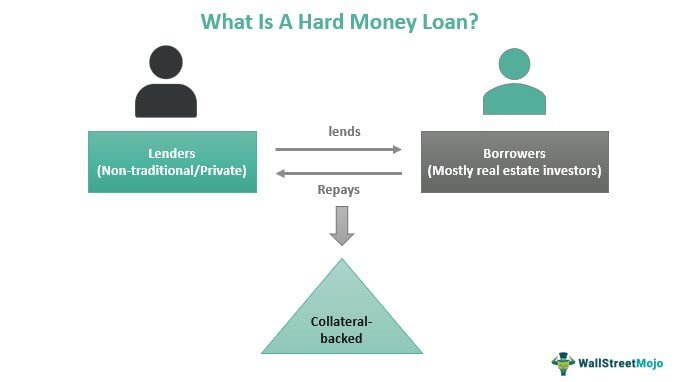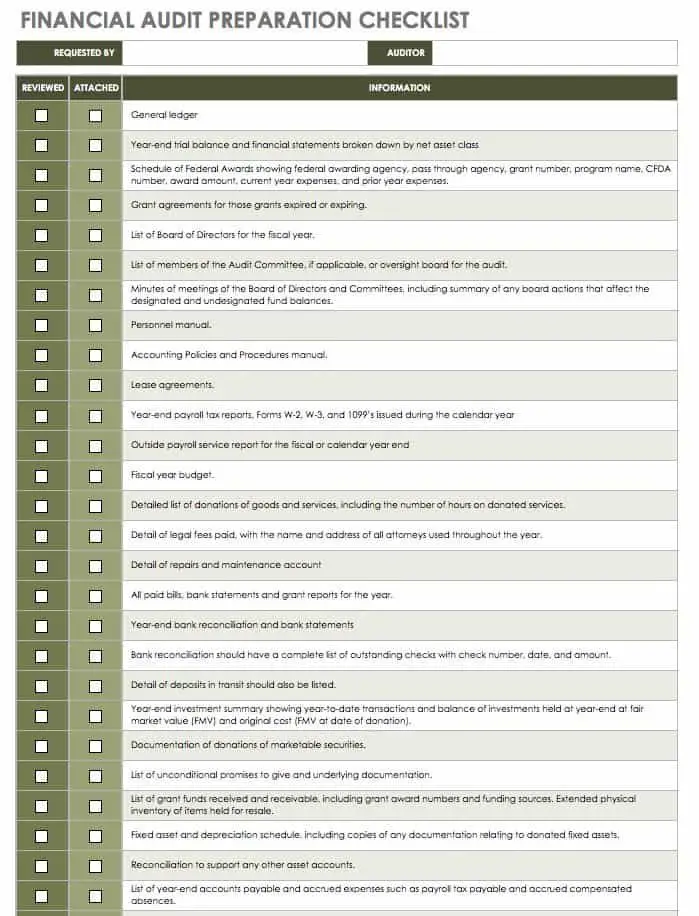Long-distance relationships can be challenging, and managing finances adds another layer of complexity. But worry not, because we’ve got you covered with some valuable tips for managing finances in a long-distance relationship. Juggling finances might seem intimidating when you’re physically apart, but with a little planning and open communication, you can navigate these waters smoothly. From budgeting wisely to finding creative ways to share expenses, we’ll explore practical strategies to help you maintain financial harmony, even when miles apart. So, let’s dive in and discover how to navigate the financial aspects of your long-distance relationship.
Tips for Managing Finances in a Long-Distance Relationship
Introduction
Long-distance relationships can be challenging, especially when it comes to managing finances. Communication, trust, and careful planning are essential for navigating the financial aspects of a relationship when you are physically apart. In this article, we will provide you with practical tips and strategies to help you effectively manage your finances and strengthen your long-distance relationship.
1. Establish Open Communication
One of the most critical aspects of managing finances in a long-distance relationship is open and honest communication. Here’s how you can establish a foundation for discussing money matters:
1.1 Discuss Your Financial Goals
Sit down together and have a comprehensive discussion about your individual financial goals and aspirations as a couple. This will help you understand each other’s priorities and work towards a shared vision.
1.2 Set a Budget
Create a budget that takes into account both of your incomes, expenses, and financial obligations. Clearly outline how much each person will contribute to shared expenses and determine the best way to manage day-to-day finances.
1.3 Schedule Regular Money Talks
Set aside regular times to discuss your finances, such as a weekly or monthly money talk. Use these meetings to review your budget, track expenses, and address any concerns or changes that may arise.
2. Utilize Technology and Online Tools
Living apart doesn’t mean you can’t manage your finances efficiently. Thanks to technology, there are several tools and apps that can help you stay organized and collaborate on financial matters. Consider the following:
2.1 Shared Expense Apps
Use apps like Splitwise, Venmo, or Honeydue to track and split expenses. These apps allow you to keep a record of shared expenses, calculate who owes what, and simplify the process of settling payments between you and your partner.
2.2 Online Banking and Money Management Apps
Take advantage of online banking services and money management apps like Mint or Personal Capital. These tools help you monitor your accounts, track spending, set financial goals, and gain a holistic view of your financial health.
2.3 Video Conferencing for Financial Discussions
Schedule video conference calls to discuss financial matters in detail. This allows you to have face-to-face conversations about more complex topics and ensures that both partners have a clear understanding of the situation.
3. Create a Joint Account
Consider opening a joint account to manage shared expenses. This can simplify the process of splitting bills and tracking expenses. However, it’s important to establish clear guidelines and rules regarding the use of this account:
3.1 Determine Contribution Amounts
Decide how much each partner will contribute to the joint account based on their income and financial capabilities. This contribution should cover shared expenses such as rent, groceries, utilities, and any other agreed-upon costs.
3.2 Agree on Spending Limits
Discuss and agree on spending limits for the joint account. Establish boundaries to ensure that both partners are comfortable with how the shared funds are being used.
3.3 Track Expenses and Maintain Transparency
Regularly review account statements and share this information with each other. Transparency is crucial to building trust, and tracking expenses will help you identify any discrepancies or potential issues.
4. Plan Visits and Financially Prepare
Visits are an important part of maintaining a long-distance relationship, but they can also be expensive. To manage the financial impact of these trips, follow these tips:
4.1 Create a Travel Fund
Set aside a portion of your income specifically for travel expenses. By saving consistently, you can lessen the financial burden of planning visits and make it easier to budget for those trips.
4.2 Research and Plan in Advance
Take the time to research and plan your visits well in advance. This includes booking flights, accommodations, and activities early to take advantage of better prices and deals.
4.3 Split Travel Costs Fairly
Discuss and agree on how you will split travel costs. Consider factors such as income disparities and establish a fair and equitable arrangement for both partners.
5. Consider Insurance and Legal Matters
When you are in a long-distance relationship, it’s important to consider insurance and legal matters to protect yourselves and your finances. Here are some key points to consider:
5.1 Health Insurance
Review your health insurance policies to ensure that both partners have adequate coverage. Depending on the circumstances, it may be beneficial to explore options for joint coverage or consider adding each other as beneficiaries.
5.2 Property and Belongings Insurance
If you have shared belongings or property, discuss whether additional insurance coverage is necessary. Protecting your shared assets will give you peace of mind in case of unforeseen events.
5.3 Legal Documents
Consult with a legal professional to discuss the importance of having legal documents in place. This may include power of attorney, living wills, or other legal arrangements that can protect your interests in case of emergencies or unforeseen circumstances.
6. Support Each Other Financially
In a long-distance relationship, supporting each other financially can provide a sense of security and strengthen your bond. Here’s how you can do it effectively:
6.1 Set Financial Goals Together
Work together to establish common financial goals, such as saving for a future together, buying a property, or paying off debt. By aligning your goals, you can support each other’s efforts and stay motivated.
6.2 Be Mindful of Income Disparities
If there is a significant income disparity between partners, it’s crucial to approach financial support with sensitivity. Communicate openly about your feelings, set boundaries, and find a balance that respects both partners’ financial situations.
6.3 Offer Emotional Support
Finances can be a source of stress and anxiety. Offer emotional support to your partner during challenging times. Sometimes, a listening ear or words of encouragement can make a significant difference in managing financial difficulties.
Managing finances in a long-distance relationship requires open communication, trust, and careful planning. By establishing clear guidelines, utilizing technology, and supporting each other, you can navigate the financial aspects of your relationship successfully. Remember, it’s essential to address any financial concerns openly and work together towards your shared goals. With these tips, you can strengthen your bond while managing your finances responsibly in a long-distance relationship.
6 Tips on Maintaining Long Distance Relationships
Frequently Asked Questions
Frequently Asked Questions (FAQs)
Q: How can I manage finances in a long-distance relationship?
A: Managing finances in a long-distance relationship can be challenging, but with proper planning and communication, it can be made easier. Here are some tips to help you:
Q: Should we have a joint bank account or keep our finances separate?
A: Whether to have a joint bank account or keep finances separate depends on your preferences and level of trust. You could consider having a joint account for shared expenses and keeping individual accounts for personal expenses.
Q: How can we divide expenses fairly in a long-distance relationship?
A: To divide expenses fairly, you can create a budget together and discuss how much each person can contribute based on their income and financial situation. Regularly reviewing and adjusting the budget can ensure fairness.
Q: What are some ways to save money in a long-distance relationship?
A: Saving money in a long-distance relationship is possible by taking advantage of technology. Use free communication apps for calls and texts, look for affordable travel options, and plan visits in advance to get the best deals.
Q: How can we handle financial emergencies when we are in different locations?
A: It’s important to have an emergency fund to handle unexpected expenses. Additionally, discuss and establish a plan for handling emergencies, such as having a joint savings account or setting up an emergency fund together.
Q: Are there any financial tools or apps that can help us manage our finances?
A: Yes, there are several financial tools and apps available that can help you manage your finances in a long-distance relationship. Examples include expense tracking apps, budgeting apps, and shared financial management platforms.
Q: How can we maintain transparency and trust in financial matters?
A: Maintaining transparency and trust is crucial in managing finances in a long-distance relationship. Regularly communicate about financial matters, share financial goals, be honest about your expenses, and avoid making major financial decisions without consulting each other.
Q: What should we consider when planning for in-person visits?
A: When planning for in-person visits, consider the costs involved, such as travel expenses, accommodation, and shared activities. It’s important to plan and budget for these visits to ensure that both partners can contribute and enjoy them.
Final Thoughts
Managing finances in a long-distance relationship can be challenging, but with some careful planning and communication, it can be successfully navigated. First, establish open and honest communication about your financial goals and expectations. Consider creating a joint budget or setting up a shared bank account to track expenses and ensure transparency. Utilize technology to simplify financial management, such as online banking and expense-tracking apps. Additionally, discuss financial priorities and find creative ways to save money, such as sharing expenses during visits or exploring cost-effective ways to stay connected. By implementing these tips for managing finances in a long-distance relationship, you can foster financial success and build a strong foundation for your future together.



